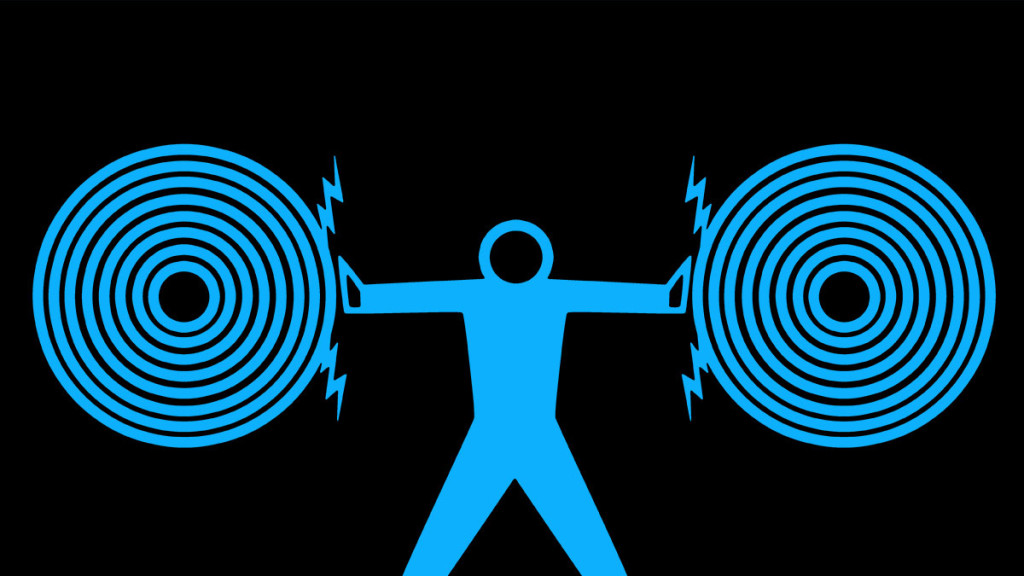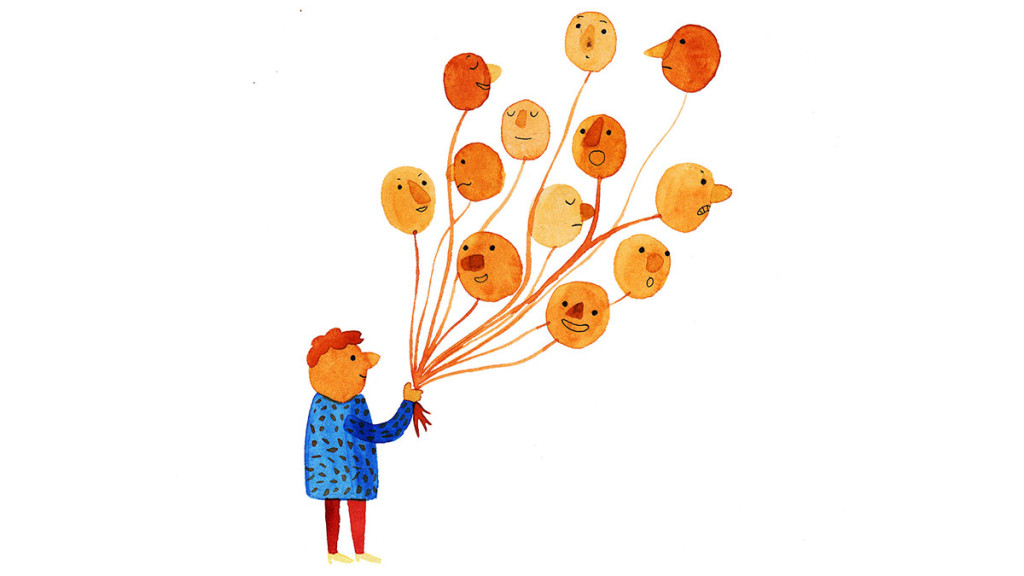Título original: How to Manage your emotions without fighting them
Fuente: Harvard Business Review
Autor: Alicia David
How to Manage your emotions without fighting them
We often hear tips and tricks for helping us to “control” our emotions, but that’s the wrong idea: strong emotions aren’t bad, and they don’t need to be pushed down or controlled; they are, in fact, data. Our emotions evolved as a signaling system, a way to help us communicate with each other and to better understand ourselves. What we need to do is learn to develop emotional agility, the capacity to mine even the most difficult emotions for data that can help us make better decisions.
What’s the function of the emotion?
To make the most of that data, ask yourself what the function of your emotion is. What is it telling you? What is it trying to signal?
Consider the example of Mikhail, who found himself in a perpetual cycle of stress because of the never-ending onslaught of tasks at work. As he more precisely defined his emotions, he realized what he was feeling wasn’t just stress: he felt a more general dissatisfaction with his work, disappointment in some of his career choices, and anxiety about what the future held for him. Once Mikhail recognized and accepted these emotions, he was able to see what they were signaling to him: he had started to question whether he was on the right career path.
Emotional Intelligence
This revelation meant that instead of tackling a productivity problem—by becoming more disciplined about prioritizing his tasks or saying no to extra work—Mikhail was able to do something much more appropriate and constructive: he began working with a career coach. By examining what his emotions were telling him, rather than pushing them away or focusing on the wrong problem, he learned something new about himself and was eventually able to find a new career path where he was just as busy—but felt much less stressed.
Our emotions can teach us valuable lessons. Let them shine a light on what you want to change, how you want to act in the future, or what is valuable to you.
Is your reaction aligned with your values?
Our emotions can also help us understand our deepest values. They can often signal what is more important to us: You feel love to your family. You feel ambition at work, and appreciate achievement and self-worth. You feel fulfilled when you’ve been able to help a direct report achieve their goals. You feel peace and satisfaction on a mountain summit. It’s far better to focus on these deeper values rather than your immediate emotions, which can spur poor decisions.
Consider this example: let’s say that you need to give some difficult feedback to one of your direct reports. You’re anxious about the conversation and you’ve been putting it off (which just makes you more anxious). In examining your emotions, you realize that one of the values behind your procrastination is fairness. She’s a strong employee, and you just don’t want to be unfair to her. So, you ask yourself, how does having or not having the conversation either bring you toward or move you away from your value of fairness? Looking at the situation in this light, you can see that giving her the feedback and helping her to succeed is actually more fair to her—and to your whole team—than caving to your anxieties. You’ve been able to unhook yourself from the thrall of your immediate emotions in order to make a better choice that is true to the values that underlie them.
This kind of thinking can help you avoid situations in which you do something that helps you feel good in the short term but doesn’t align with your values in the long term. Avoiding a conversation is a typical example, but there are many others: brashly telling someone off for getting on your nerves when you value compassion; sticking with a comfortable job that doesn’t align with your dream of starting a business when you value growth; criticizing yourself for the smallest things when you really value self-affirmation.
Managing emotions isn’t just doing away with them; it’s putting strategies in place that let you use them effectively rather than letting them govern your behaviors and actions. Your emotions are your natural guidance system—and they are more effective when you don’t try to fight them.









Redes Sociales